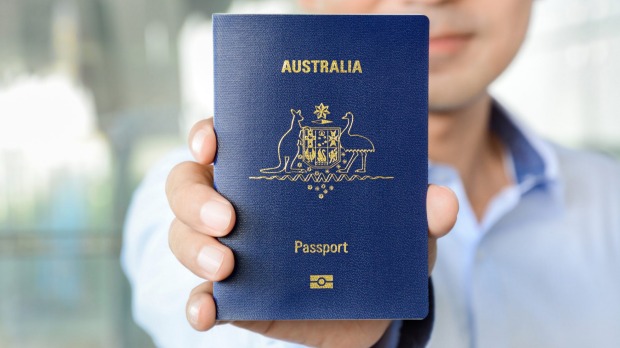
The passports of the world have been ranked according to how powerful they are by an international citizenship assistance firm, and Australia has come out in the top 10 once again.
Henley & Partners produces a list of the most powerful passports each year, with Japan coming in first place for the sixth year in a row.
People who hold Australian passports can travel to 185 countries with relative ease — but there’s still a long list of places that require paperwork.
Find out how passports are ranked and where the Australian one can take you.
How does the ranking work?
The Henley Passport Index is based on how many places people with those passports can access without a visa — but the total score also includes countries that require passport holders to obtain a visa upon arrival, a visitor’s permit or an electronic travel authority.
Henley & Partners bases its score out of 227 destinations, which includes countries as well areas that aren’t technically classified as countries such as Taiwan.
However, it only ranks 199 passports.
The firm uses exclusive data from the International Air Transport Association to compile the index.
Where does Australia rank?
Australia has a score of 185.
It’s ranked on the 8th tier alongside Canada, Greece and Malta, behind 22 other countries on higher tiers.
That’s on par with the previous three years, when it was also ranked on the 8th tier.
The lowest Australia’s ranking has fallen to since the index was created in 2006 was 9th in 2019, 2010 and 2006.
Australia’s highest ranking has been 6th in 2015, 2013 and 2012.
Where does an Australia passport get you?
Henley & Partners breaks down the countries into four categories — visa-free travel, visas on arrival, electronic travel authority and visa required.
Tap each of the three cards to see which destinations the firm says fall into those categories.
Visa information, placenames and country categories have been replicated as they were listed in Henley & Partners data
Top 10 passport rankings:
Passport holders in these countries can travel internationally with relative ease.
- 1st: Japan — visa-free score: 193
- 2nd: Singapore and South Korea — visa-free score: 192
- 3rd: Germany and Spain — visa-free score: 190
- 4th: Finland, Italy and Luxembourg — visa-free score: 189
- 5th: Austria, Denmark, Netherlands and Sweden — visa-free score: 188
- 6th: France, Ireland, Portugal and the United Kingdom — visa-free score: 187
- 7th: Belgium, Czech Republic, New Zealand, Norway, Switzerland and the United States — visa-free score: 186
- 8th: Australia, Canada, Greece and Malta — visa-free score: 185
- 9th: Hungary and Poland — visa-free score: 184
- 10th: Lithuania and Slovakia — visa-free score: 183
Rankings, visa-free scores and placenames have been replicated as they were listed in Henley & Partners data
Bottom 10 passport rankings:
Citizens in these countries have less travel options if they want to avoid encountering blocks or paperwork.
- 100th Congo (Democratic Republic), Lebanon, Sri Lanka and Sudan — visa-free score: 42
- 101st: Bangladesh, Kosovo and Libya — visa-free score: 41
- 102nd: North Korea — visa-free score: 40
- 103rd: Nepal and Palestinian Territory — visa-free score: 38
- 104th: Somalia — visa-free score: 35
- 105th: Yemen — visa-free score: 34
- 106th: Pakistan — visa-free score: 32
- 107th: Syria — visa-free score: 30
- 108th: Iraq — visa-free score: 29
- 109th: Afghanistan — visa-free score: 27
Rankings, visa-free scores and placenames have been replicated as they were listed in Henley & Partners data
Show me the full list
Tap the world icon below to see the entire list of each of the 199 passports and where they were ranked.
Rankings, visa-free scores and placenames have been replicated as they were listed in Henley & Partners data
What about Russia and Ukraine?
Russia’s invasion of Ukraine hasn’t affected either country in terms of the Henley Passport Index, with a press release saying there were in roughly the same position since the war began:
- Ukraine ranks in 36th position with a score of 144
- Russia ranks in 49th position with a score of 118
However, the firm said that while they weren’t majorly affected “on paper”, there were practical differences.
“Due to airspace closures and sanctions, Russian citizens are effectively barred from travelling throughout most of the developed world, with the marked exceptions of Dubai and Istanbul, which have become focal points,” the firm’s statement said.
“Ukrainians, on the other hand, have been granted the right to live and work in the [European Union] for up to three years under an emergency plan in response to what has become Europe’s biggest refugee crisis this century.”
The firm said that, if Ukraine was successful in joining the European Union, it would probably break into the top 10 most powerful passports in the world.
What’s the Smartraveller advice?
Smartraveller, which is run by the the Department of Foreign Affairs and Trade, gives Australians general advice about overseas travel, including how to keep safe while outside the country.
It has four categories of safety advice for individual counties:
- Do not travel
- Reconsider your need to travel
- Exercise a high degree of caution
- Exercise normal safety precautions
Currently, the Smartraveller website has advice for 178 countries.
Advice for countries is updated in response to a range of factors such as wars and civil unrest and can change depending on what’s happening in each country.
The most recent updates came on January 11, while the oldest update was on June 27, 2022.
Here’s the advice listed as of January 14:
Advice, placenames and country categories have been replicated as they were listed by Smartraveller on January 14





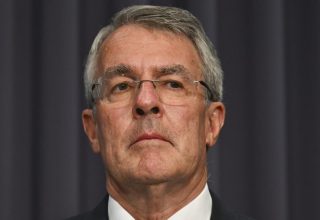
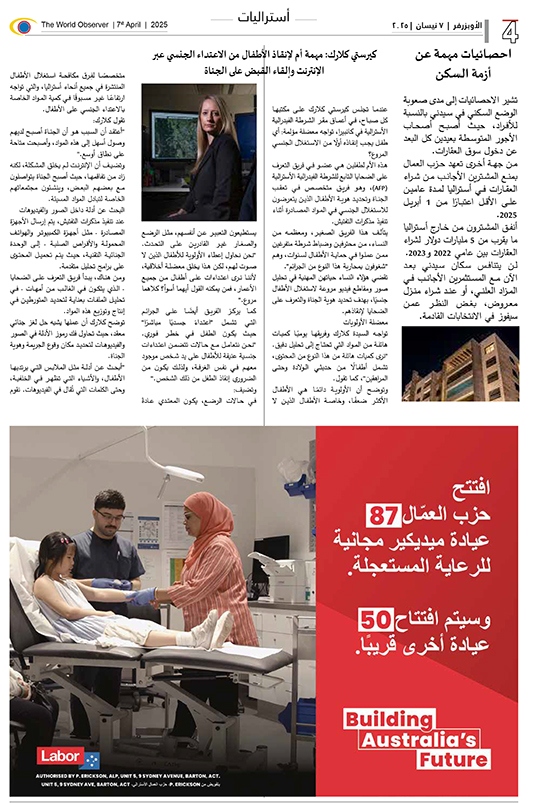
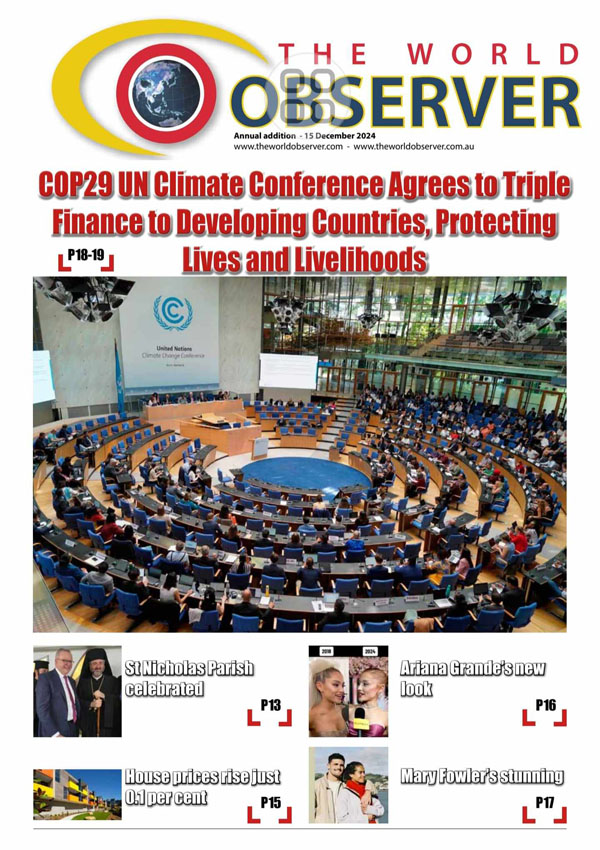
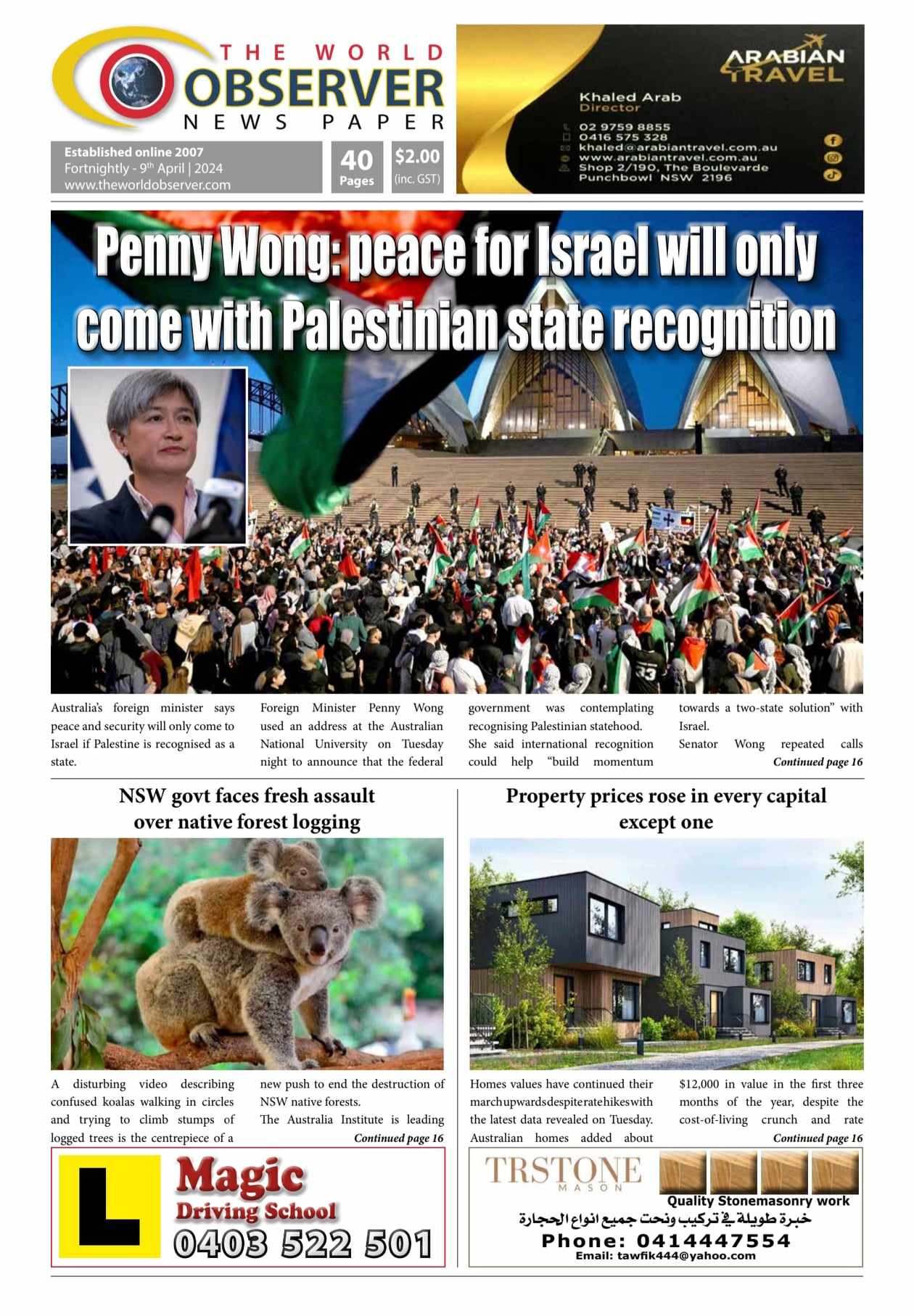



























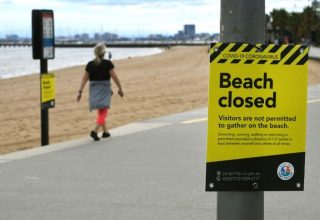

 The World Observer Media produces a daily online newspaper, a daily Arabic online newspaper and a monthly printed Arabic/English magazine and a weekly printed Arabic/English newspaper.
The World Observer Media’s mission is to entertain and educate all generation from the Ethnic Communities in Australia, who are interested in local, national and foreign information.
The World Observer Media produces a daily online newspaper, a daily Arabic online newspaper and a monthly printed Arabic/English magazine and a weekly printed Arabic/English newspaper.
The World Observer Media’s mission is to entertain and educate all generation from the Ethnic Communities in Australia, who are interested in local, national and foreign information. 


